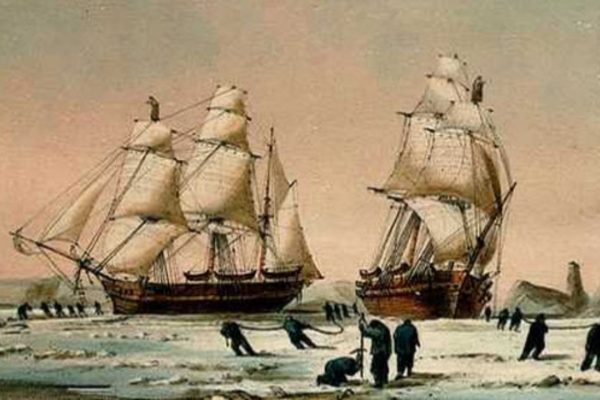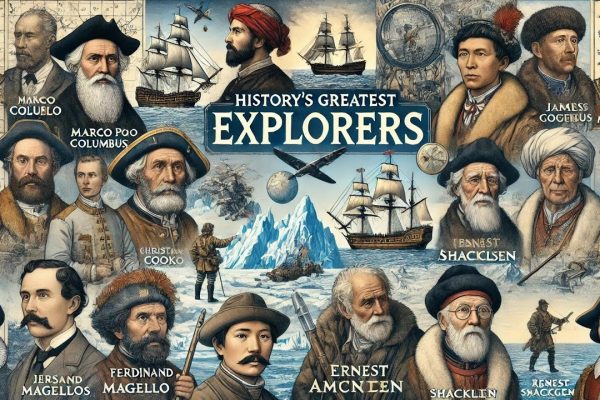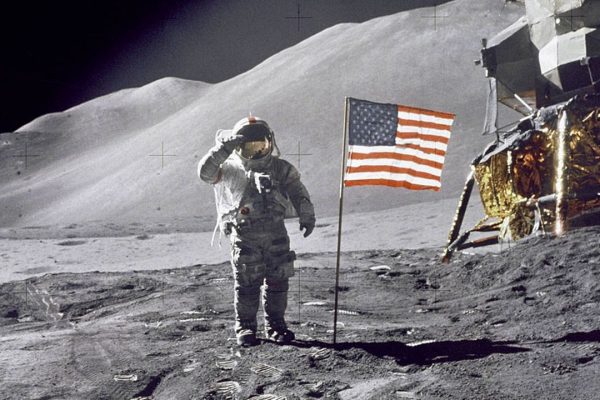
🌍 Top 10 Most Famous Exploration Expeditions in History
Throughout history, bold expeditions have pushed the boundaries of human knowledge, uncovering new lands, unknown cultures, and scientific wonders. These journeys changed the course of civilization, paving the way for global trade, scientific discovery, and even space travel. Here are the Top 10 Most Famous Exploration Expeditions in History! 1. The Voyage of Christopher Columbus…


